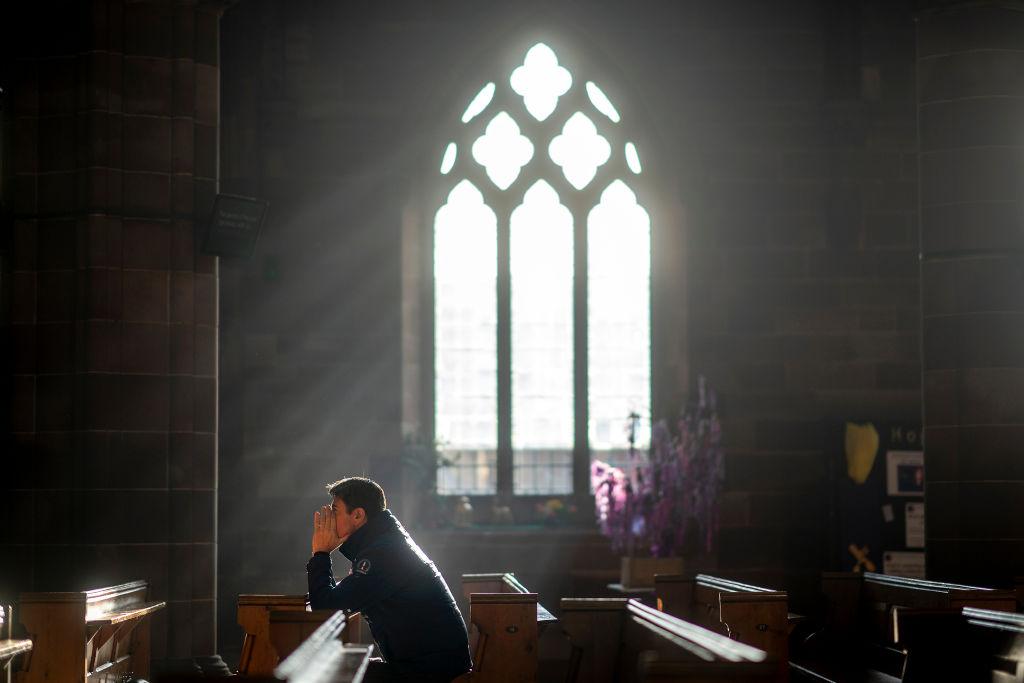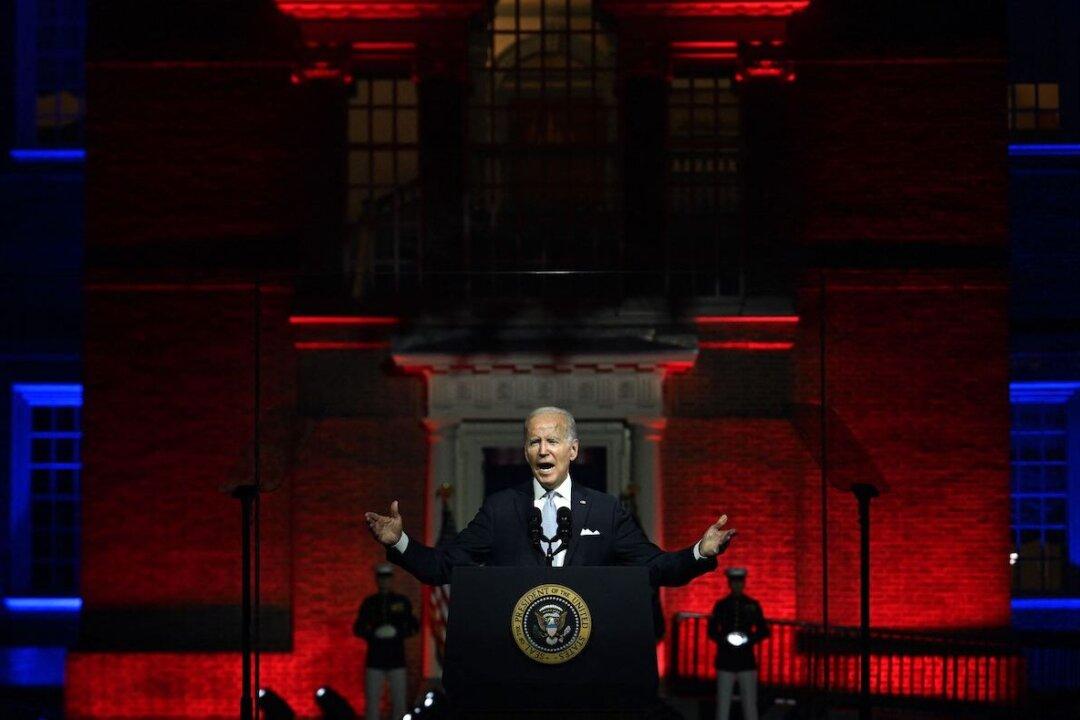Commentary
Can Christians celebrate Christmas publicly, in traditional ways—exchanges of official, personal, and business greetings, specially decorated trees, carols, school plays, Nativity scenes, and public broadcasts such as the Queen’s Speech in the UK and Commonwealth—without offending unbelievers?





